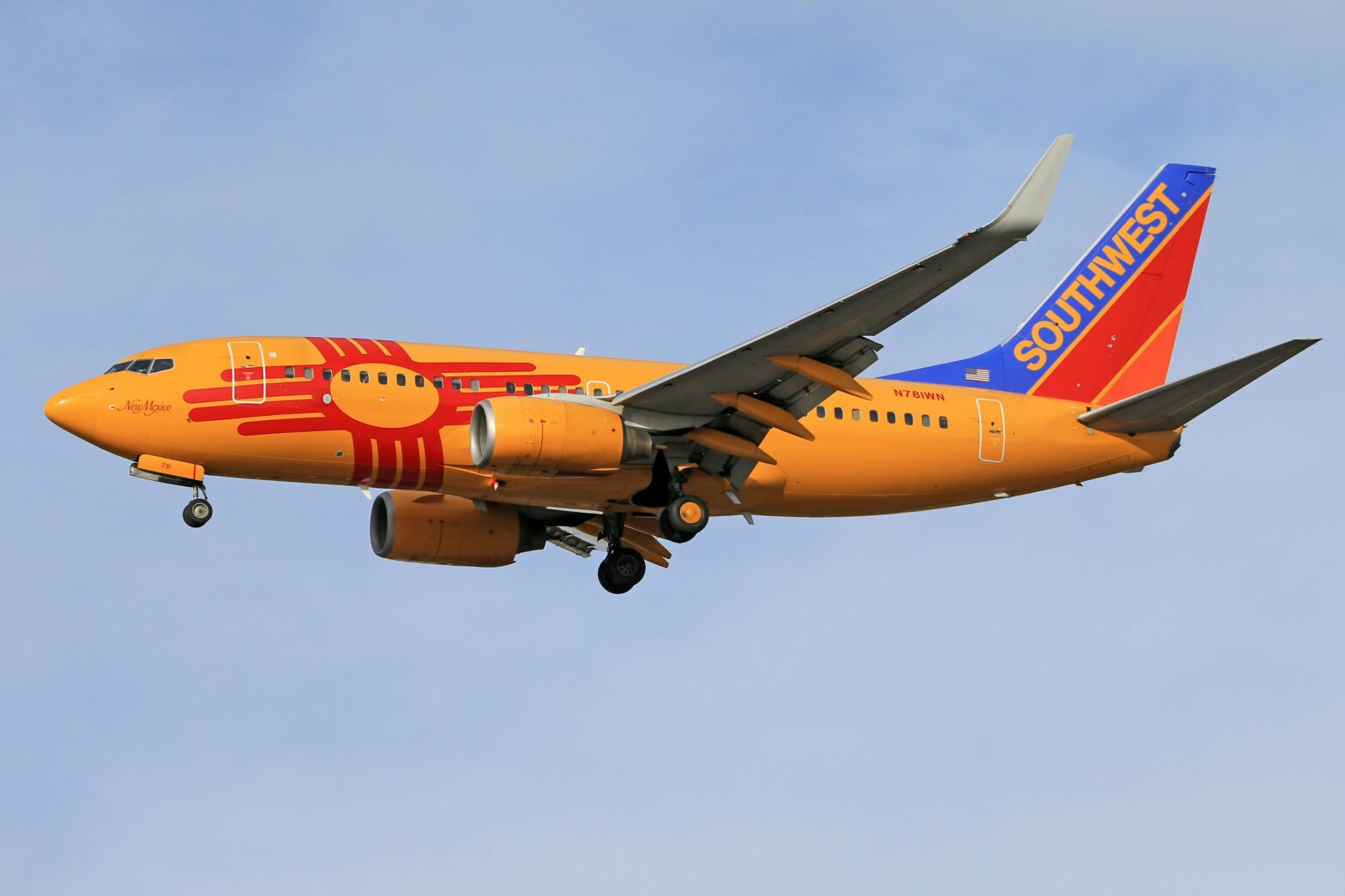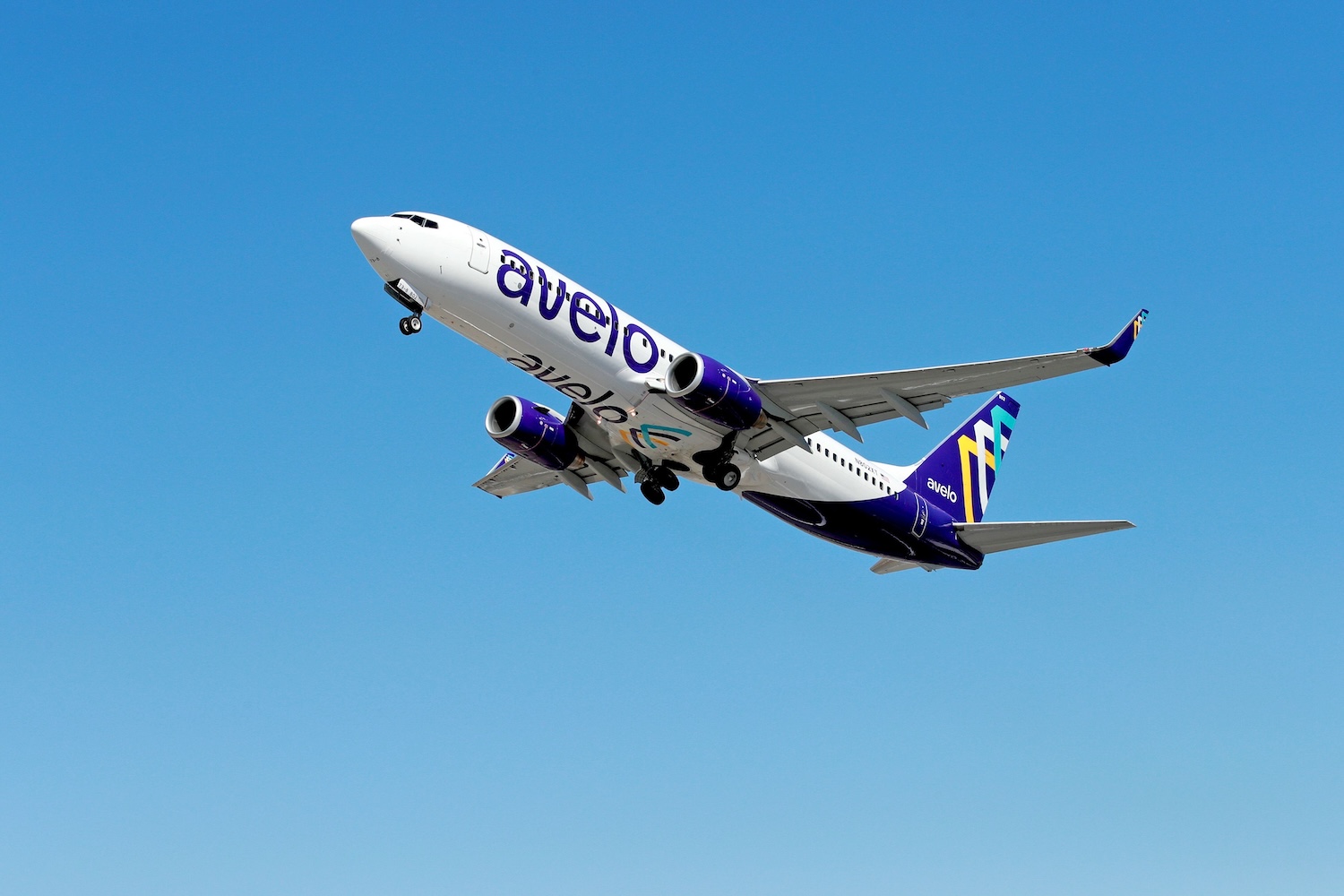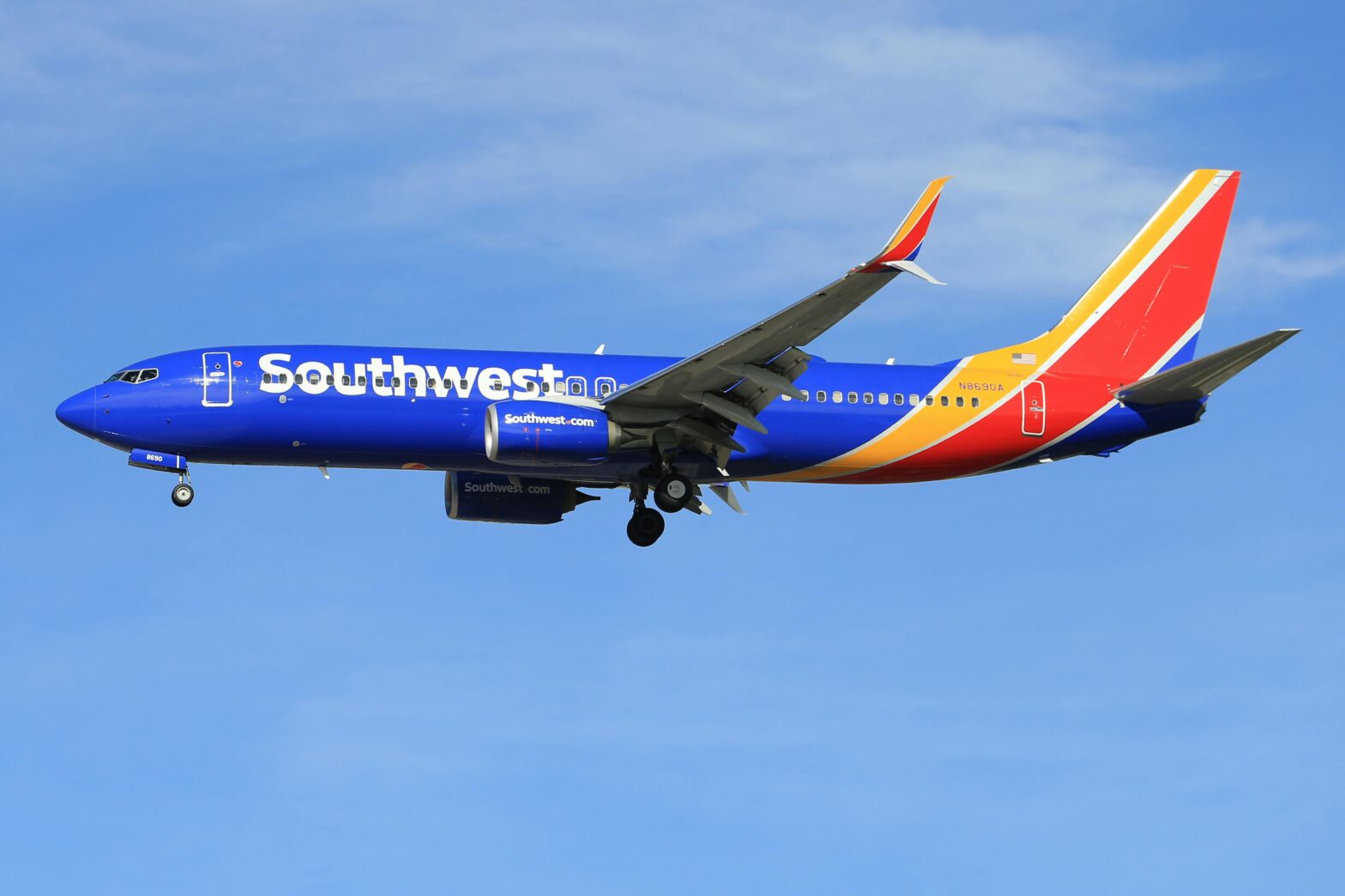Southwest Airlines is under fire after two blind passengers, Sherri Brun and Camille Tate, were stranded at their gate during a significant flight delay on July 14, 2025. WSVN reports the women waited at their original New Orleans departure gate for nearly five hours, unaware other passengers had been rebooked on an earlier Orlando-bound flight from a nearby gate.
When they finally boarded their delayed flight, they were shocked to find themselves the only passengers on board. “I was angry and frustrated,” Tate told WSVN. NBC News says Southwest disputes claims the women were “forgotten,” insisting the gate never changed because they weren’t rebooked on the earlier flight.
Southwest Airlines Under Fire
Southwest failed to inform Brun and Tate about the earlier flight verbally. While other passengers boarded the Orlando-bound plane from a nearby gate, the visually-impaired travelers received no accessible updates. “That airplane took off, and our boarding pass had not been swiped,” Tate said. Brun confirmed that no one at the gate told them about the alternative flight, leaving them to wait for hours without help.
Southwest later apologized and offered each woman a $100 travel voucher. Critics slammed the response as inadequate. The airline said it is “always looking for ways to improve our customers’ travel experiences” and remains “active in the airline industry in sharing best practices about how to best accommodate passengers with disabilities.”
Calls For Reform
Advocates argue these statements fail to address the urgent need for better communication with blind passengers. Both Brun and Tate are pushing for reforms. “There needs to be follow-through,” Brun told WSVN. Tate added, “There needs to be some improvement in how they communicate with their passengers, especially those who have disabilities.”
Their proposals call for mandatory verbal announcements for all flight changes and dedicated liaison roles trained to assist blind and disabled travelers. Industry experts note federal regulations require airlines to help passengers with disabilities, but enforcement and consistency remain uneven.





